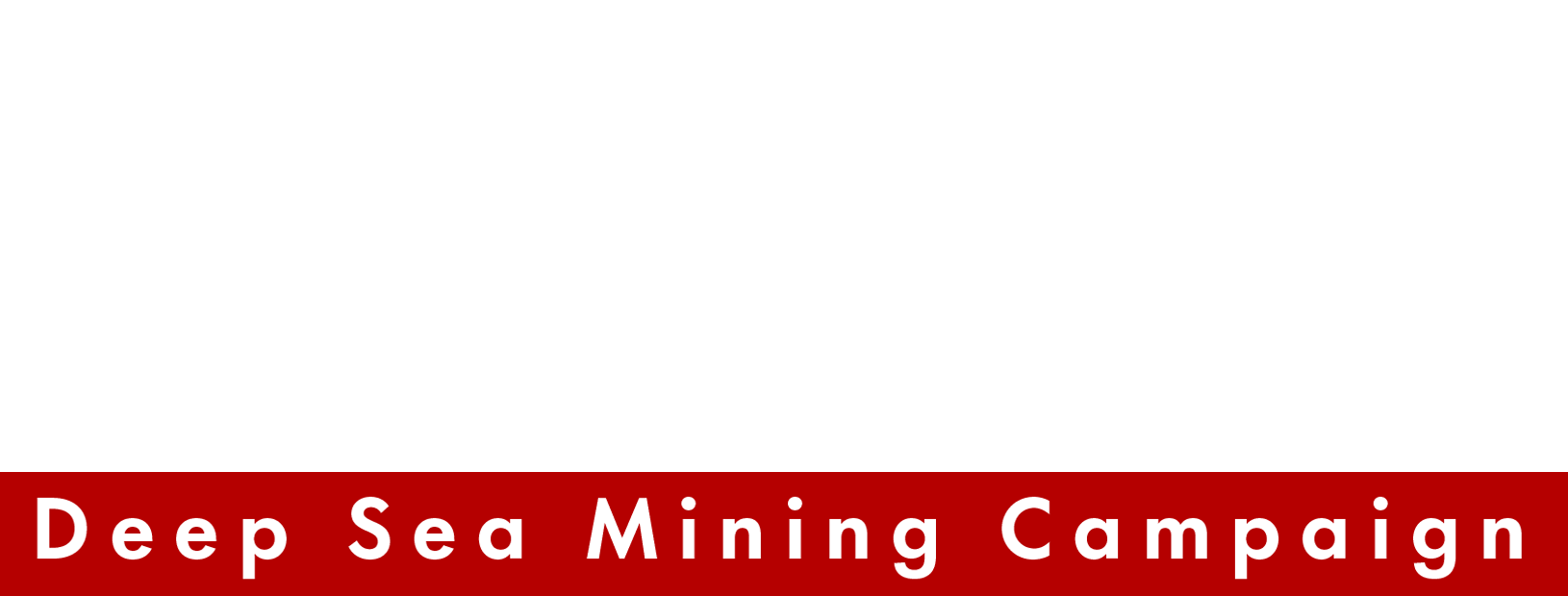MEDIA RELEASE: World Oceans Day – save our seabeds from destructive mining

Media Release | 8 June 2012
WORLD OCEANS DAY | Groups in the Pacific are calling for our oceans to be protected from all seabed mining. The ‘Solwara 1’ mine proposed by Canadian-owned Nautilus Minerals Inc is the first commercial deep sea mining project in the world. Situated in the Bismarck Sea in Papua New Guinea it is likely to have dire consequences for human and ecological communities.
Wences Magun, national coordinator for Mas Kagin Tapani in Papua New Guinea said,
“World Oceans Day is an opportunity every year to honour the world’s ocean, celebrate what our ocean provides such as food, culture, marine life and well being for the communities that rely upon it.”
The combined effects of global warming, pollution and over-fishing are attacking our oceans on multiple fronts. Last year an IUCN expert panel warned of mass extinctions if we continue on this destructive path. Instead of heeding this prediction, Pacific Island Governments and foreign corporations are planning to add to the impacts by mining seabeds for minerals.
“For my people protecting our oceans is of the utmost importance. They are socially, economically and culturally important to us. But what will happen to them if mining of our ocean floors is allowed to go ahead? What guarantees are there that they won’t be destroyed?”
Dr. Helen Rosenbaum, campaign coordinator for the Deep Sea Mining campaign in Australia and author of Out of Our Depth: Mining the Ocean Floor in Papua New Guinea said,
“The approval of the Nautilus Solwara 1 project was based on a flawed and limited environmental impact statement. Very little is understood about the possible impacts of this one project let alone the many projects for which exploration is starting throughout the Pacific.”
Nautilus has been dealt a double blow in the past week which could defer or slow its experimental seabed mining project. Stock lost 53.86%, trading from $2.07 down to $0.9551 due to a dispute with the Papua New Guinean government over an agreement breach and loss of financing from strategic partner, European ship builder, Harrens, for the support mining vessel.
Rosenbaum said, “The recent blows to Nautilus are welcome news for communities in Papua New Guinea. This is clearly is not a wise investment, but there are still plenty of other companies and governments pushing for this experimental industry in the Pacific to get started.
“Exploration licenses now cover over 1 million square kilometres of Pacific sea floor. The interactions between currents, weather and seismic events mean that the spread of pollution and impacts cannot be contained. Right across the Pacific, fisheries, such as tuna, and the health of people and marine species will be affected.”
Groups across the Pacific have a petition calling for Pacific governments to stop experimental seabed mining. In New Zealand community have come together to campaign against seabed mining of their black sands. Meanwhile local communities and fishing industries are opposing marine phosphate mining off the coast of Namibia.
____
For more information contact:
Wences Magun (Papua New Guinea), +675 71959665, magun.wences[at]gmail.com
Dr. Helen Rosenbaum (Australia), hrose[at]vic.chariot.net.au +61 413 201 793
RELATED NEWS
BLUE PERIL
